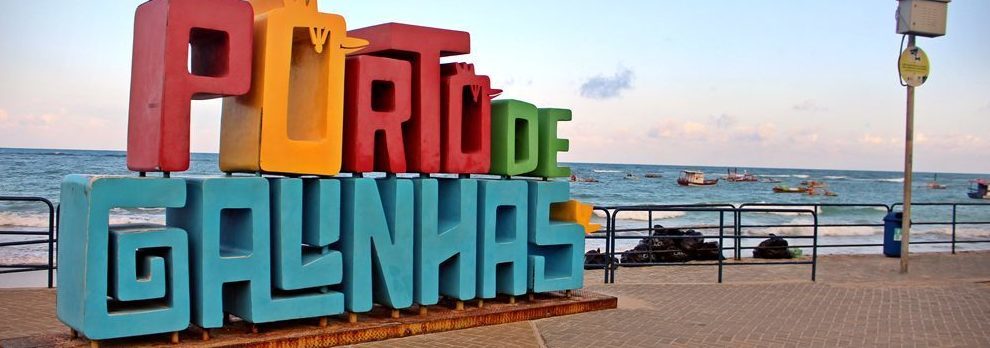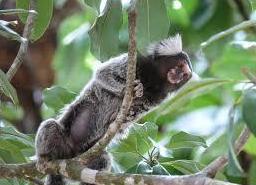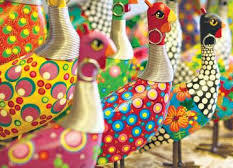
Welcome to Chikens Port
Where is paradise? It is located 40 minutes from Recife and is called Porto de Galinhas, a fishing village full of people that is confused with the history of Colonial Brazil. Located on the coastline, it is a very beautiful beach with crystal clear waters, accessed by the Atlantic Route, a reformed and safer motorway. Full of natural wonders and cradle of a rich marine ecosystem, fauna and flora existing between coconut trees and dense mangrove vegetation. Full of inspiration for a refined gastronomy in restaurants and with a better hotel service.
A place of dreams
The sun and the bluish sky reveal magnificent beaches with crystal clear waters, with an average temperature of 28ºC. This is the scenario of those who visit this magical destination, surrounded by tourist complexes, hotels and inns, full of restaurants offering an attractive regional cuisine. All this at 50 kilometers from Recife International Airport, or less than an hour by car. The place is a true aquarium that reveals its beauty through the rich marine biodiversity, especially in the region of the Costa de los Corales, which preserves an extension of coral reefs and sands, with mangroves and exuberant fauna and flora



Gastronomy
In Porto de Galinhas you will be enchanted with something beyond its natural beauty. They are regional condiments and aromas that join the highest gastronomy in the various restaurants. The experience begins at our breakfast with regional fruits, tapiocas and the famous roll cake. The Pernambucano resort is a must for those who have an exquisite palate.
The history
The history of Porto de Galinhas is not given by the colorful hens that we see today in the Villa. In 1850, the slave trade was prohibited in Brazil, to circumvent the law, ships docked on the beach with basements full of slaves covered with boxes of D'Angola chickens. The secret password of the crew for the traffickers was "has a new hen in the harbor," which meant that a new consignment of slaves had arrived. And from there came the name Puerto de Galinhas.

